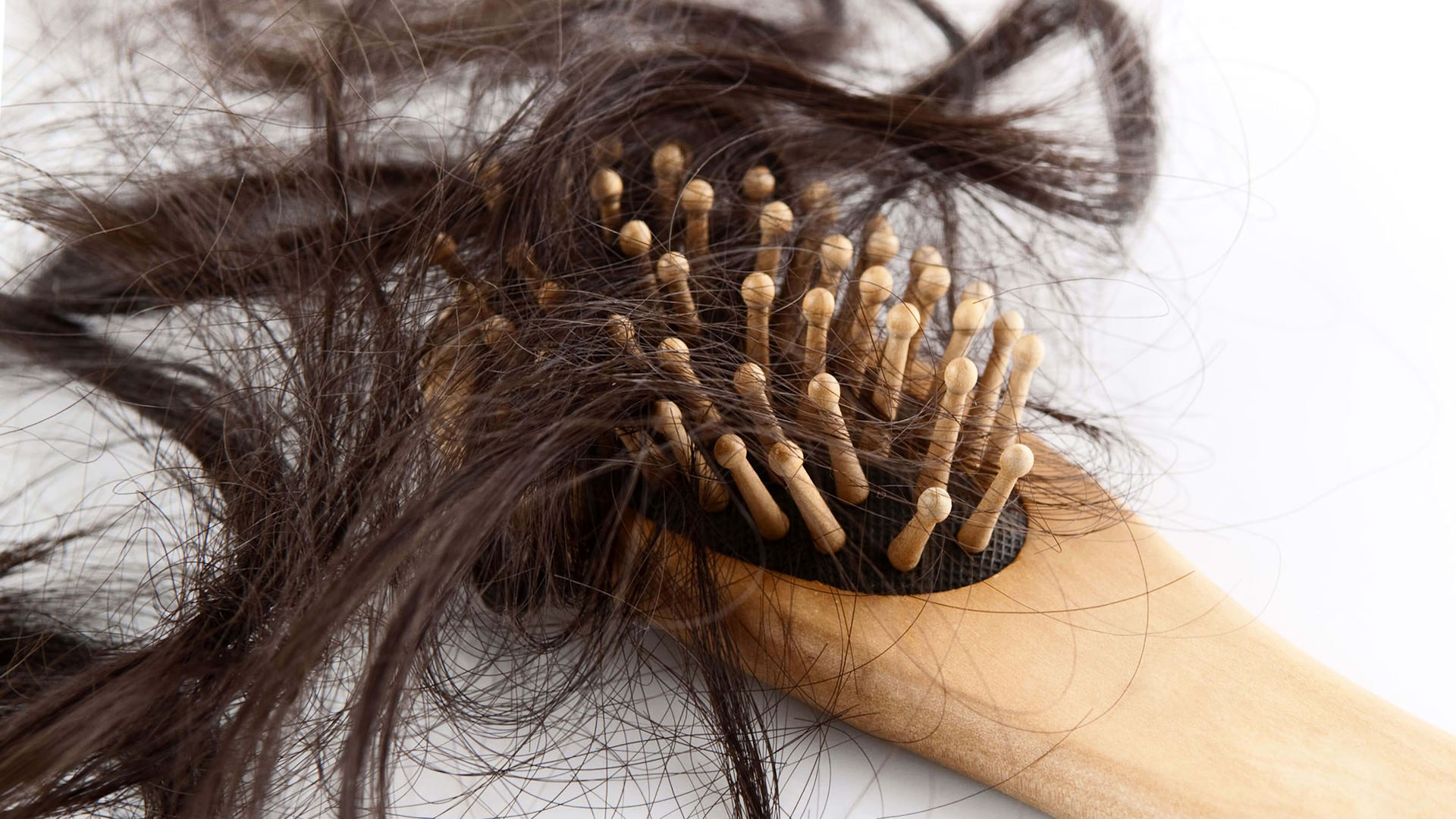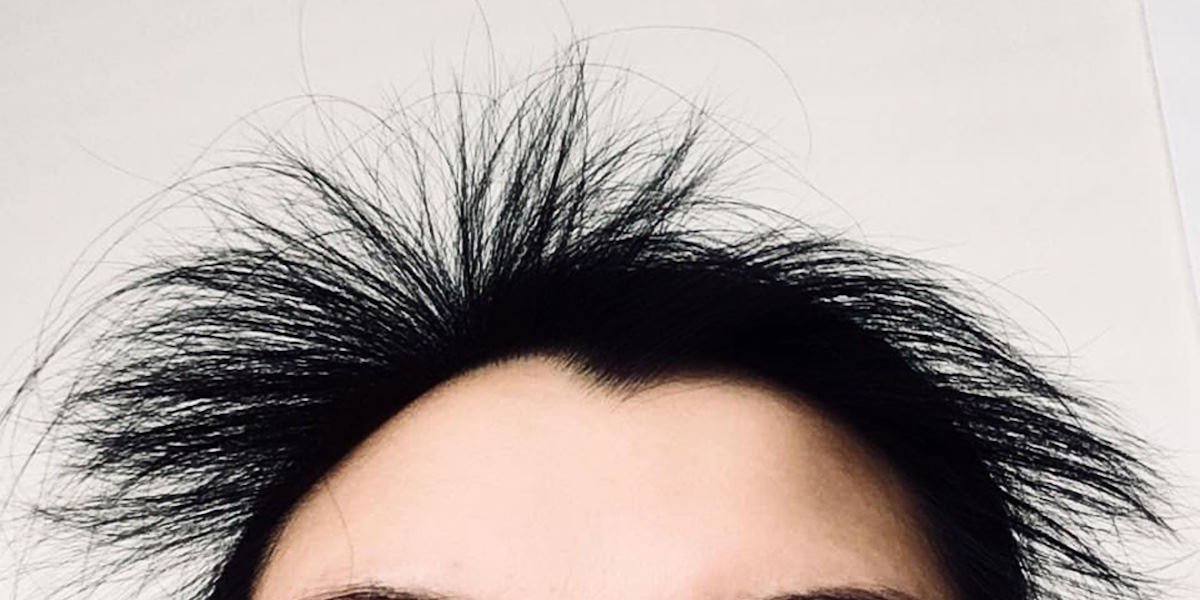Feeling a little lost in the sea of baby bottles and sleepless nights is expected for any new mom. Throw in some postpartum hair loss, and it can feel like you’re adrift on a tiny boat with no paddle! But fear not—there are plenty of ways to navigate through this turbulent time. From understanding the science behind your changing hair to simple strategies for managing the loss, we’ll explore how you can emerge from this experience feeling empowered and beautiful, ready to embrace your new role with open arms.
Signs and Symptoms
Common Indicators of Hair Loss
If you’re worried about postpartum hair loss, there are some common signs to watch out for:
- Thinning Hair on the Scalp: You may notice your hair looks less voluminous, especially at the crown.
- Increased Hair Fall: It might feel like every time you wash or brush your hair, more strands than usual are coming out.
- Changes in Hair Texture: Your hair might feel coarser or thinner than before.
When to Seek Professional Help
While postpartum hair loss is typically normal, there are instances when you should consult a professional:
- If you notice bald patches or excessive shedding.
- If hair loss continues well beyond the first year postpartum.
- If you have other symptoms like fatigue or changes in your nails, which might indicate a larger health issue.
Effective Strategies to Manage Postpartum Hair Loss
Nutritional Support
One of the best ways to support your hair during this time is through a healthy diet. Here’s a list of nutrients that can help promote hair health:
- Iron: Essential for healthy hair growth. Incorporate foods like spinach, red meat, and lentils.
- Biotin: Known as the “hair vitamin,” biotin can help strengthen hair. Look for foods like eggs, nuts, and whole grains.
- Omega-3 Fatty Acids: Found in fish like salmon, these can nourish your scalp and promote healthy hair.
Here’s a sample meal plan rich in these nutrients:
| Meal | Foods |
| Breakfast | Scrambled eggs with spinach and toast |
| Lunch | Quinoa salad with chickpeas and mixed greens |
| Snack | A handful of nuts |
| Dinner | Grilled salmon with broccoli and sweet potato |
Hair Care Tips
Taking care of your hair during this time can make a world of difference. Here are some gentle hair care tips:
- Use Gentle Products: Opt for sulfate-free shampoos and conditioners that are gentle on your hair.
- Avoid Heat Styling: Limit the use of hair dryers, curling irons, and straighteners to prevent further damage.
- Try Loose Hairstyles: Tight ponytails or buns can cause breakage, so opt for looser styles instead.
Stress Management Techniques
Stress can have a significant impact on hair health. Here are some strategies to help you manage stress:
- Practice Self-Care: Make time for yourself, whether it’s a warm bath, reading a book, or simply enjoying a cup of tea.
- Mindfulness and Relaxation: Try yoga or meditation to help clear your mind and reduce stress levels.
- Get Enough Sleep: Although it can be tough with a newborn, aim for short naps when you can and prioritize sleep.
Supplements and Treatments
Sometimes, additional support may be beneficial. Consider talking to your healthcare provider about:
- Postnatal Vitamins: These often contain iron, folic acid, and other nutrients crucial for recovery.
- Biotin Supplements: If your diet isn’t providing enough biotin, supplements might be helpful.
- Topical Treatments: Some women find success with topical treatments like minoxidil, but it’s best to consult with a dermatologist before trying anything new.
Emotional Support and Community
Acknowledging Emotional Impact
Postpartum hair loss isn’t just a physical change; it can also affect your emotions. It’s completely normal to feel frustrated or upset about your changing appearance. Remember, self-acceptance is key! Try to embrace your new look and remind yourself that this is just a phase.
Seeking Support from Others
You don’t have to go through this alone. Sharing your experiences with friends, family, or support groups can be incredibly helpful. Talking about your feelings can lighten the emotional load and help you feel less isolated.
Here are some ways to find support:
- Join a Postpartum Support Group: Many communities offer local or online groups for new moms.
- Reach Out to Friends: Sometimes, a simple chat with a friend who’s been through the same experience can be reassuring.
- Professional Help: If you’re feeling overwhelmed, consider speaking to a therapist who specializes in postpartum issues.





